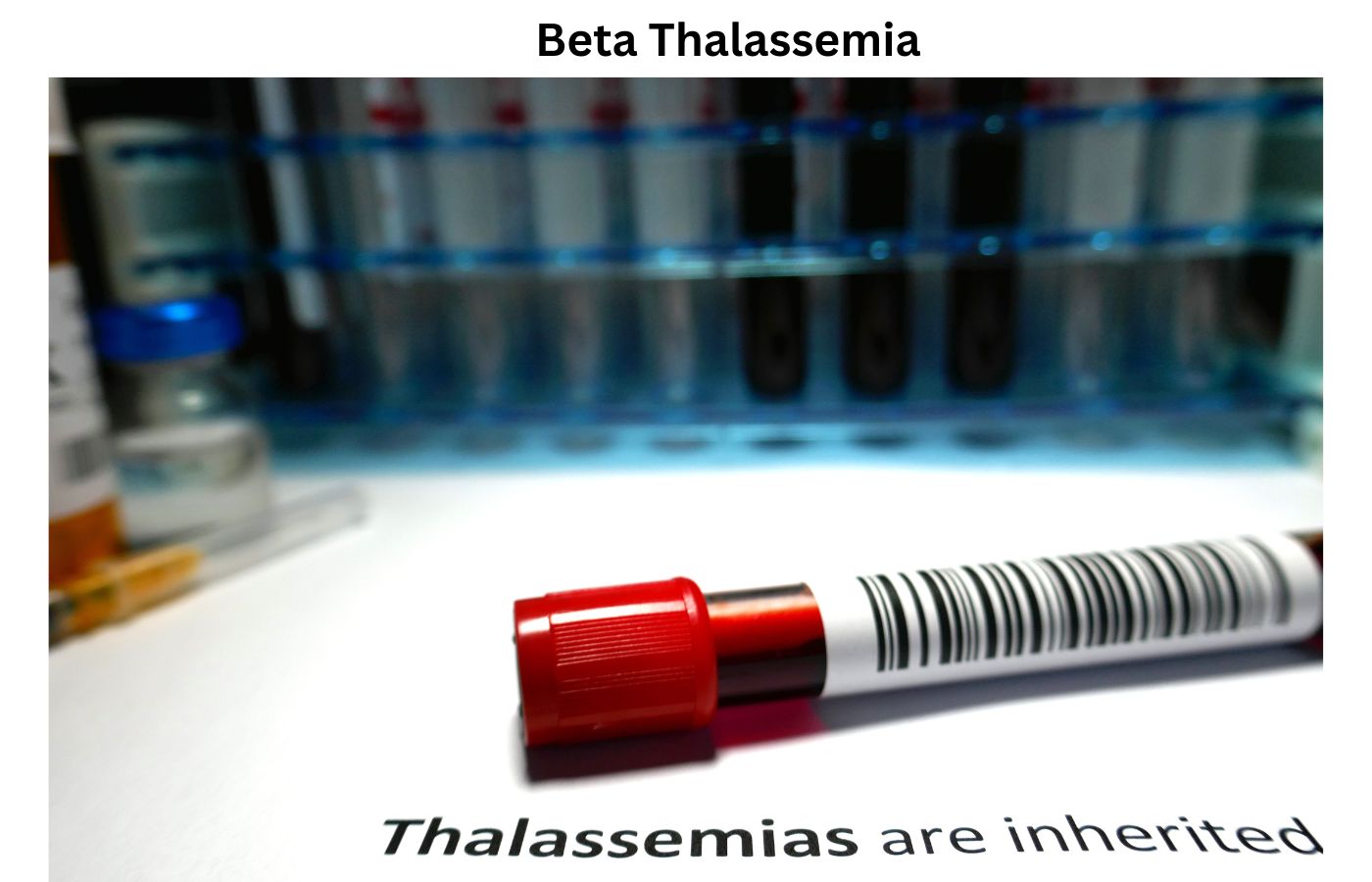
Beta Thalassemia Major is a severe form of thalassemia that significantly impacts a person’s quality of life. It is a genetic blood disorder that results in the body’s inability to produce enough healthy hemoglobin, leading to anemia and requiring ongoing medical treatment. While living with Beta Thalassemia Major can present numerous challenges, understanding the condition and implementing effective coping strategies can help individuals manage the disease and maintain a positive outlook.
Beta Thalassemia Major occurs when a person inherits two defective genes responsible for hemoglobin production — one from each parent. As a result, individuals with this condition have low levels of hemoglobin, the protein in red blood cells that carries oxygen throughout the body. This leads to a range of symptoms, such as fatigue, weakness, and delayed growth.
The symptoms typically manifest early in life, often within the first two years. As the disease progresses, the individual may need regular blood transfusions to maintain healthy hemoglobin levels.
Early diagnosis of Beta Thalassemia Major is crucial for effective management of the condition. The most common way to diagnose this disorder is through a blood test that identifies abnormal levels of hemoglobin. When thalassemia is suspected, a thalassemia blood report is performed, and the thalassemia lab test will indicate whether the patient has inherited the disease.
Key Blood Tests for Thalassemia:Living with Beta Thalassemia Major involves multiple challenges that affect both physical and emotional well-being.
Despite these challenges, individuals with Beta Thalassemia Major can lead fulfilling lives with proper care and coping strategies. Here are a few effective ways to manage the condition:
Routine monitoring is essential for individuals with Beta Thalassemia Major. Regular blood tests to track hemoglobin levels, iron stores, and organ function are necessary for adjusting treatments. It is important to visit a diagnostic center regularly to ensure that potential complications like iron overload or organ damage are detected early.
2. Blood Transfusions and Iron Chelation TherapyStaying consistent with blood transfusions and taking iron chelation medications can help manage symptoms and prevent complications. Your healthcare provider will adjust treatment plans to meet your specific needs. Being proactive in following the prescribed treatment regimen is crucial for maintaining a good quality of life.
3. Balanced Diet and Iron ManagementManaging iron levels is essential for patients with thalassemia. While blood transfusions may increase iron levels, patients should follow a balanced diet and avoid excessive iron-rich foods to prevent iron overload. Iron chelation therapy can also help maintain proper iron levels, but it's important to work closely with a nutritionist and your healthcare team to manage this effectively.
4. Emotional Support and CounselingSupport from loved ones, as well as professional counseling, can be invaluable in managing the emotional toll of living with Beta Thalassemia Major. Joining a support group of individuals facing similar challenges can provide encouragement and a sense of community. Mental health care is just as important as physical care in managing the disease.
5. Staying Active and EngagedWhile Beta Thalassemia Major can cause fatigue, staying physically active is important for maintaining overall health. Tailored physical activities that suit your energy levels can help improve physical strength and mental well-being. Always consult with your healthcare provider to determine the most appropriate exercise routine for your condition.
Living with Beta Thalassemia Major requires careful management of both physical and emotional health. With early diagnosis through thalassemia blood reports, regular test and diagnostic procedures, and effective treatment plans, patients can lead fulfilling lives. Though challenges such as blood transfusions, iron overload, and developmental delays can arise, adopting effective coping strategies and receiving support from healthcare professionals, family, and friends is key to living well with this condition.
If you suspect that you or your loved one might have Beta Thalassemia Major, it’s important to consult a healthcare provider and schedule the necessary thalassemia lab tests. Early detection and management are essential for improving the quality of life for those with thalassemia.
For further information or to book a blood test or diagnostic scan, contact Diagnopein Diagnostic today.